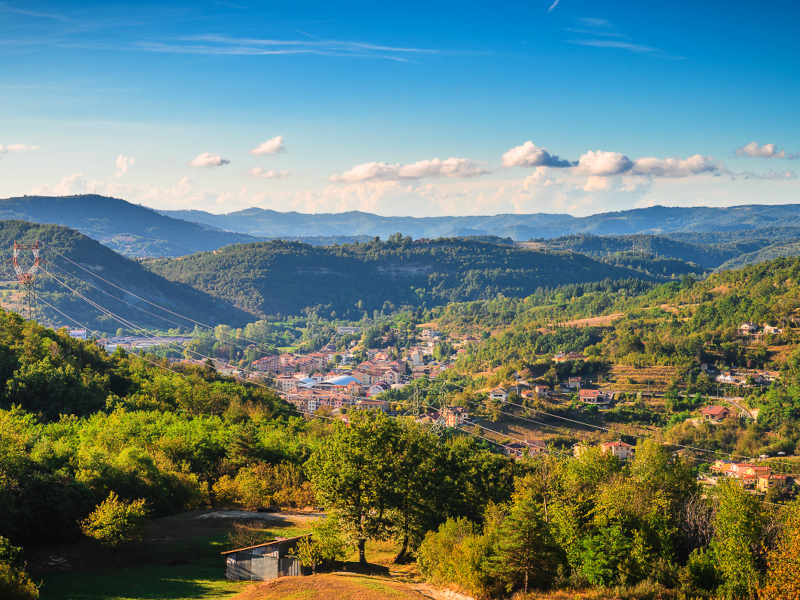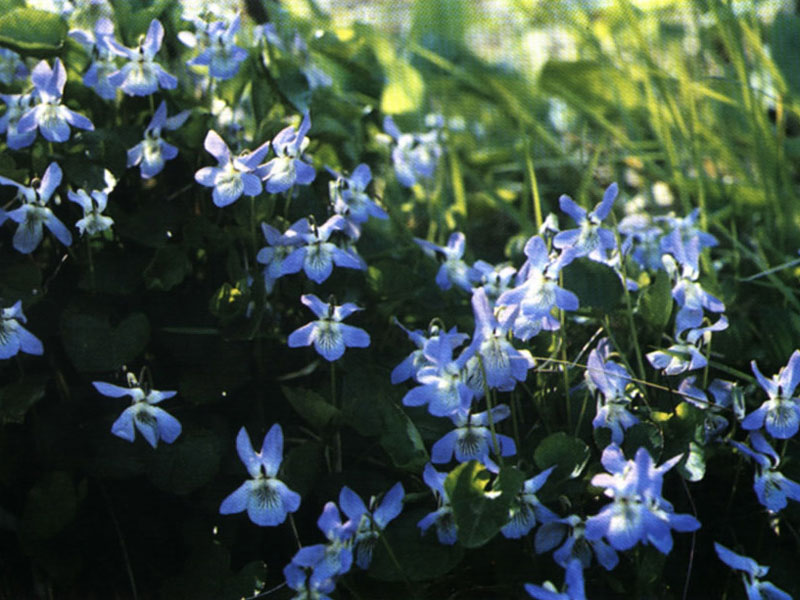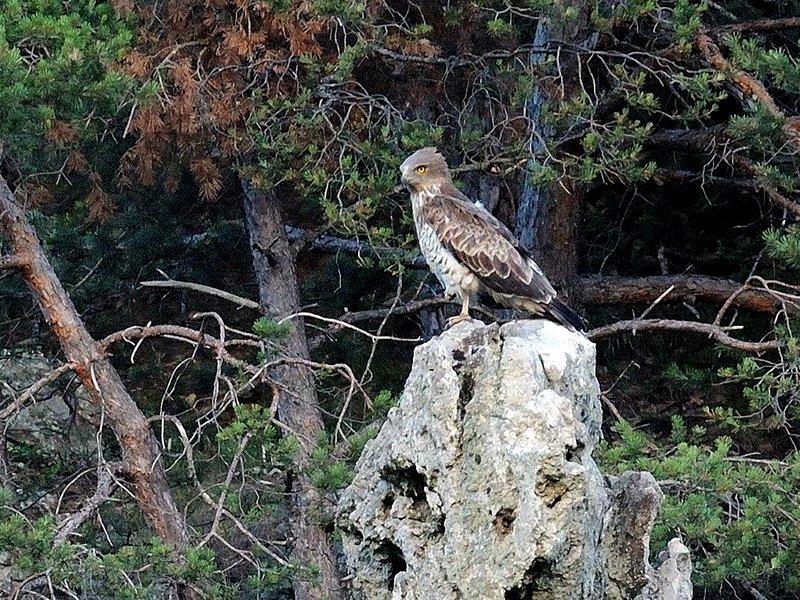Protected Area
Identity Card
- Bric Tana Regional Nature Park:
- Land Surface Area: 169.50 ha
- Regions: Liguria
- Provinces: Savona
- Municipalities: Millesimo
- PA Official List: EUAP0716
- Park Authority: Comune di Millesimo
- Further managed Protected Areas:
Bric Tana Park
The protected area of Bric Tana and Valle dei Tre Re - established with
Regional Act no. 7 of 27/2/1985 and now transformed into a Regional
Nature Park - was born, like the other parks in Liguria, to safeguard
an environment or natural phenomenon of particular importance. In the
case of Millesimo, it was the presence of a karstic phenomenon, with
dolines and swallow holes, which lead to the inclusion of Bric Tana
among the areas worth of attention and, for this reason, safeguarded by
the act no. 40 of 1977, by now the historical act on the parks of
Liguria.
As a matter of fact, the recent history of Bric Tana
begins in the 60s, when the local natural features are signalled by
Boni (1962), by the French Lorenz (1964), and finally by Mosna (1965).
Some years later, a team led by prof. Cortemiglia and formed by Andri
and Maifredi, plans a systematic study of the area, whose
characteristic geological formation is described in a thorough report
published in "Rassegna speleologica italiana", in May 1968. The report
talks about the presence of cliff limestone in the area and describes
the karstic morphology forming in this limestone bank overhanging rio
San Sebastiano.
In particular, it is the existence of a big explorable swallow hole
that makes the research activity even more interesting. This fissure or
cave called "Tana" (meaning "den") or, in dialect, "Tana dra vurp" (Fox
Den, wrongly translated into Italian as "Tana dell'Orpe") will be the
real nodal point around which the nature and history linked to the
Protected Area intertwine.
As a matter of fact, near this geological phenomenon an archaeological
site has been found: this site is of great importance in Liguria and
interesting also at a national level.
The Flora of Bric Tana
The flora and vegetation of a certain territory as we see it is not the
result of fortuitous events, but the result of a series of factors
contributing to shape that kind of vegetal environment.
If we want
to provide a scientifically correct vegetational frame, we should start
at least four million years ago and maybe more, to go back to the
climatic events which messed up the continents and then get to more
recent periods, during which cold climates of Arctic origin alternating
with more temperate and wetter climates led to the triumph of some
plants over others.
Caves and Karstic Phenomena
The protected area of Bric Tana and Valle dei Tre Re is interested by
unique karstic phenomena in the Province of Savona, characteristic not
only for the development of underground cavities (which are just a few,
and not very large), but also for the particular geological soils in
which they appear.
As a matter of fact, in the area of Bric Tana
there are several big dolines (funnel-shaped subsidence phenomena of
the soil, through which the rain penetrates the subsoil) opening in the
sandstones of the "Formazione di Molare", while in the area of Valle
dei Tre Re an interesting karstic hydrological network develops in the
calcirudite with ophiolitic clastic rocks of the same Formation.
As a matter of fact, these karstic phenomena can be found only in the calcareous rocks or in gypsum.
Between the two sections of the protected area, on the right and left
banks of the Bormida river, the Dolomie of San Pietro dei Monti
outcrop: they consist of grey dolomitic sandstones, which in other
places can also house karstic networks, while in this area are not
characterized by interesting caves.
Fauna
Analyzing the fauna living within the borders of the Protected Area is
not that difficult, if we consider that the reasons for which it has
been decided to preserve the areas of Bric Tana, Bric della Feia, and
Valle dei Tre Re mainly depend on their geomorphological and geological
features.
The area is populated by a few animal species, and it
will be difficult for the hiker to sight them, also because of the
twilight and/or night habits characterizing most of the species.
However, after long periods of study (also characterized by useless
positions) and observation, completed by a good knowledge of the area,
it has been possible to draw up a list - although not complete -
including about forty different species.









